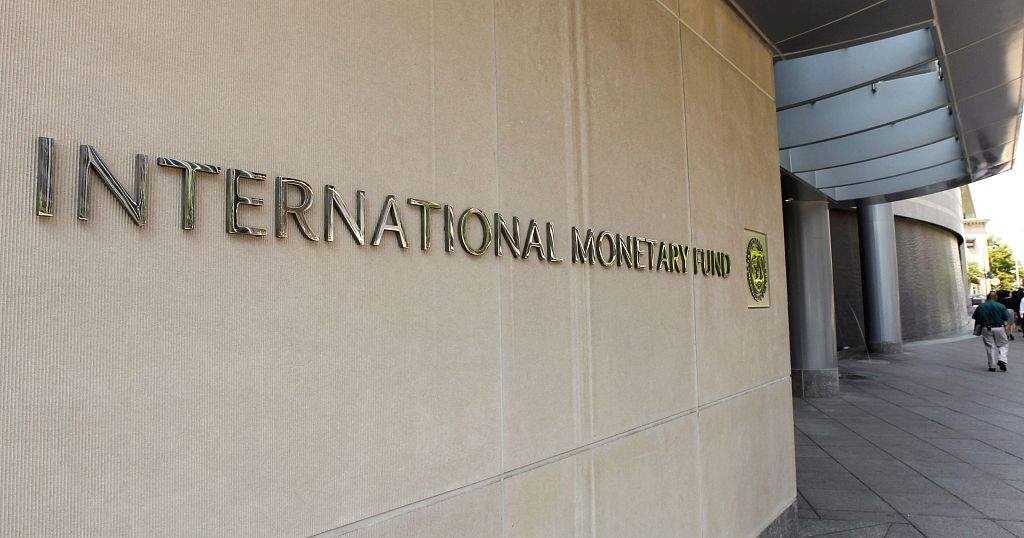Ethiopia’s Currency Dropped by 30% Amid IMF-Efforts to Address Deepening Economic Crisis
In a latest move to address its economic woes, Ethiopia saw its national currency, the birr, drop by 30% against the U.S. dollar after the central bank abandoned its fixed exchange rate system on Monday, allowing banks to trade foreign currencies with limited interventions.
This significant reshuffle is aimed at securing support and restructured debt from the International Monetary Fund (IMF) and other creditors. Ethiopia is seeking $10.7 billion in external financing from the IMF, World Bank, and other creditors to alleviate its economic uncertainty.
The country has been grappling with twin challenges of high inflation and foreign currency shortages, which culminated in defaults on government debt last year.
Amid the ongoing negotiations for debt restructuring, which were kicked off after a peace deal brokered in Tigray late 2022, Ethiopia’s banking system will now be free to trade internationally, eliminating reliance on informal markets for dollars.
Importantly, the U.S. government has approved the shift to a market-determined exchange rate, describing it as essential in addressing the country’s economic issues and promoting stability.
Ethiopia’s Prime Minister Abiy Ahmed announced the reforms, emphasizing the need for IMF support and debt restructuring. The country already requested debt restructuring in 2021, yet progress was delayed by the Tigray conflict.
This development indicates a crucial step forward in Ethiopia’s plans to revamp its economy and build a more stable financial foundation.
